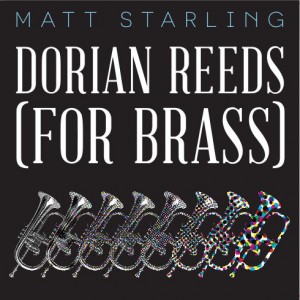 WU HAN, PIANO; Wu Han Live: From Music@Menlo (ArtistLed) ****
WU HAN, PIANO; Wu Han Live: From Music@Menlo (ArtistLed) ****
Pianist Wu Han’s newest CD, Wu Han Live, puts her remarkable artistry and versatility on full display, and the album shows she is equally at home with baroque as she is with romantic music. Time and again Wu Han has proved she is one of today’s finest interpreters, and this new release reaffirms her position.
The four works on the album make a wonderful collection and lets her shine as a soloist as well as a collaborator.
In the opening work, J.S. Bach’s French Suite No. 5, BWV 816, Wu Han gives a fabulously articulated account that is notable for its clean phrasings and remarkably nuanced use of dynamics and touch. Her finely honed expressions bring depth to her playing. It’s not an easy task playing baroque keyboard music on a modern grand piano, but in her hands the suite sounds as if Bach had conceived it for a 9-foot concert grand.
The other early work on this disc is Haydn’s Keyboard Concertino in C major, written in 1760, making it one of his earliest compositions. For this brief work, Wu Han is joined by some of her Music@Menlo colleagues: violinists Erin Keefe and Jorja Fleezanis and cellist David Finckel. There is a wonderfully crafted balance between Wu Han and the ensemble and their playing is tight and on the mark.
The rest of the CD is devoted to Mendelssohn.
Wu Han has chosen a short set of four Songs Without Words from op. 62 and 67 for this disc, which she plays with beautifully fluid lyricism that captures the exuberant romanticism of the music. These delightful vignettes are gorgeously expressed and bring out the vocal characteristics of each.
The other Mendelssohn is his Double Concerto in D minor for Violin, Piano and Strings, written when the composer was just 14 years old. It’s a marvelous blend of baroque and romantic stylistic elements; a finely crafted piece, these divergent influences are well integrated into the overall musical fabric.
Wu Han and solo violinist Benjamin Beilman, together with their musical partners — violinists Kristin Lee and Sunmi Chang, violist Richard O’Neill, cellist Dmitri Atapine and bassist Scott Pingel — bring out the romantic passion and the somewhat dark mood of the work with their solidly crafted and wonderfully executed reading. The music is powerfully expressed and yet underscores the youthful vigor and sweet lyricism that is Mendelssohn’s trademark.
Wu Han Live is a captivating album and deserves a special place in any music lover’s collection.

